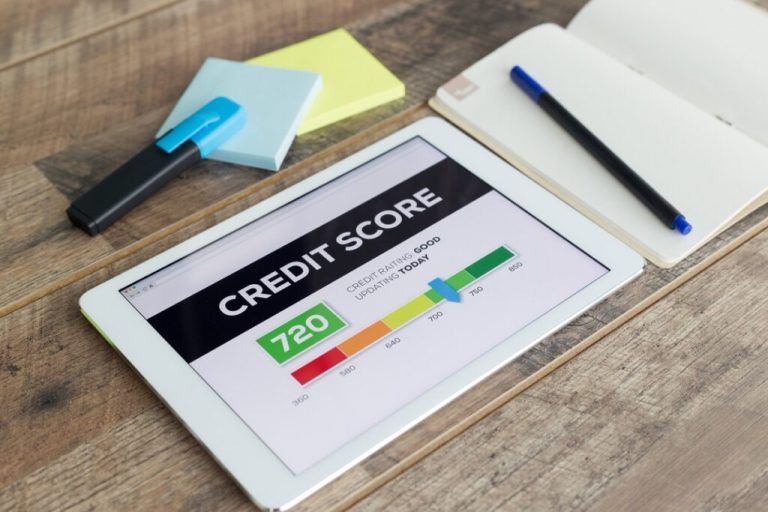
With the rise in living costs, many families and households are struggling to make ends meet despite making budgetary cuts. However, the current cost-of-living crisis affects those at the lower end of the financial spectrum more than others.
With financial emergencies rising, many are borrowing. However, many factors determine approval, like income, debt-to-income ratio and credit scores. While you can apply for an ethical online loan, which is a great alternative to traditional loans, it’s important to be careful with who you choose for a lender.
Unfortunately, during vulnerable times, some private loan sharks may take advantage of your needs. They present themselves as helpful lenders who offer money when traditional lenders won’t, but the situation can quickly turn expensive if you can’t afford it.
Although, FCA-Authorised lenders like Salad have made the direct lending market incredibly safe, there are still some lenders out there that you need to beware of.
So, who exactly are loan sharks, and how can you avoid falling into their trap?
Who is A Loan Shark?
Just as sharks are predatory marine animals, so too are these unlicensed and unlawful lenders. People who are in dire need of financial support often turn to dishonest methods to obtain funds. Loan sharks usually target people with easy-access credit and are not approved by the Financial Conduct Authority (FCA).
For instance, if you are someone with no formal income or have existing credit that you are unable to pay, it may lead to rejection from conventional lenders. In such a situation, these predatory lenders may offer to help by loaning you the funds you need while imposing extremely high interest rates. This contrasts with FCA-accredited lenders, whose interest rates are subject to government caps. Loan sharks will likely refuse to provide proper documentation, and failure to repay the loan instalments will lead to verbal threats, intimidation and even physical violence.
When loans are not repaid, an accredited lender will take legal action, which may include fines, notices, or court appearances, but never threats. Although it is against the law to borrow from loan sharks, doing so does not constitute breaking the law.
But how can you avoid loan sharks? Here are some ways to identify and avoid these predatory lenders.
How to Spot Loan Sharks?
Here are a few ways to spot loan sharks and avoid them at all costs:
No FCA Authorisation
Every genuine payday lender has their FCA registration displayed on their website, which you can also double-check on the Financial Conduct Authority website. Many fraudulent websites often put up non-clickable numbers by adding them in small fonts or as images on their webpage to appear legitimate. A genuine website will redirect you to the FCA page when you click on the displayed registration number.
Sketchy Contact Details
Every genuine lender provides complete contact details, including telephone number, email address and official address. Loan sharks will hide their information in obscure pages or provide insufficient postal addresses (a block number and name, but no street name or postal code). You can find this information in the website’s footer or on the contact page. If you can’t find it, you’re better off staying away.
No Paperwork
Every loan, even those obtained through online lenders, requires its own set of paperwork. They may send you the documentation via email, but you will receive papers with information such as the interest rate, monthly instalments, due date, and other relevant borrowing terms. This is a formal agreement between you and the lender, and if there is a discrepancy later on, you can take legal action using this paperwork.
However, this isn’t the case with illegal lenders. They will not provide written documents or formal paperwork, and a majority of their transactions are conducted verbally.
Cash Transactions
Loans are disbursed directly into your bank account, whether it’s a personal or payday loan. But loan sharks are more likely to use cash-only transactions. Genuine loans are repaid through bank transfers, cheque deposits, or credit card payments. Illegal lenders will ask you to pay the instalment in cash, avoiding any paper trail.
Reaches Out Through Social Connections
Online lenders and traditional banks will not approach you on their own. You can visit them in person or on their official website. In contrast, loan sharks will approach you via cold calling or personal networks such as word-of-mouth referrals and social connections. They begin by appearing friendly and appealing, but quickly become extremely persuasive.
They Set Up For Failure
Legitimate lenders will lend you money after assessing your income, existing debts, credit history and credit score. If they find you a risky contender who cannot repay the credit, they might not lend you the money or lower the amount. Illegal lenders will lend you the asking amount while levying exorbitant interest, making it impossible to repay the debt.
In Summary…
Borrowing from loan sharks leads to unmanageable debt, emotional toll, financial instability and legal vulnerability. Since loan sharks operate illegally, borrowers often lack legal protection against them, making it challenging to pursue justice.
When seeking financial assistance, always seek help from authorised lenders. If you notice anything out of the ordinary, remember to keep your distance and report it to the FCA.







